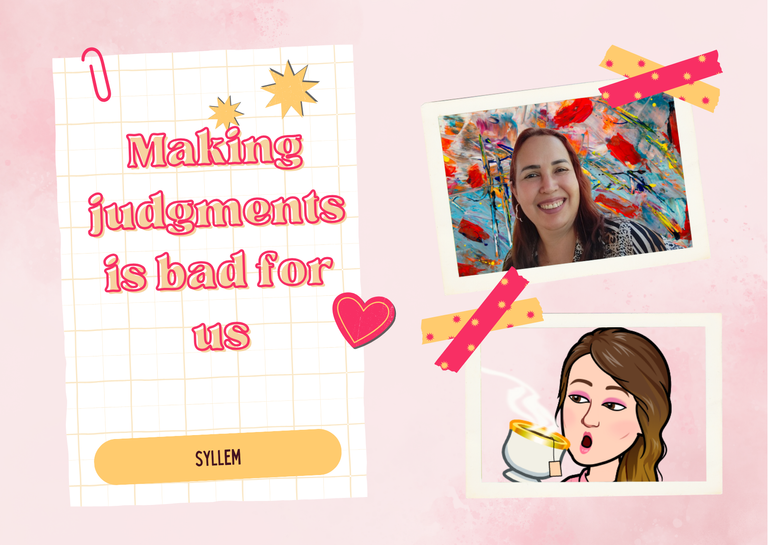

Muchos de nosotros somos muy ligeros emitiendo juicios, a la vez que nos molesta de sobremanera ser objeto de alguno de ellos.
Un juicio es cuando damos nuestra opinión, en forma de valoración, acerca de algo o alguien.
El caso es que esa expresión afirmativa con la que definimos, lo que sea que se nos antoja, es una visión a través de nuestros ojos, lo que quiere decir que está sujeto a nuestra experiencia, nuestra forma de ver la vida, nuestros valores y un largo etcétera de nuestros. Los juicios de valor no son precisamente objetivos.
Many of us are very quick to make judgments, while at the same time we find it very annoying to be the object of any of them.
A judgment is when we give our opinion, in the form of an assessment, about something or someone.
The fact is that this affirmative expression with which we define, whatever it is that we fancy, is a vision through our eyes, which means that it is subject to our experience, our way of seeing life, our values and a long etcetera of our own. Value judgments are not exactly objective.
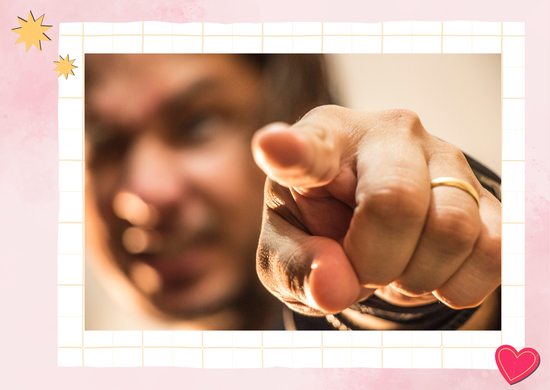
Fuente/Source
Cuando me observo en relación a este aspecto, no se me hace nada difícil darme cuenta de que soy parte del montón de los que encasillan a las personas dentro de sus propias definiciones.
Ella es insoportable, él es un ogro, ella es una desconsiderada, él es un patán... Y más expresiones como éstas fluyen con cierta facilidad de mi boca, una vez que encuentro que alguien hace algo que no se adapta a mi manera de ver las cosas.
En primer lugar, no debe importarme lo que hagan los demás, cada uno de nosotros vive sus propios procesos y no estamos aquí para juzgar a otros, además, no tenemos la autoridad moral, ni de ningún tipo.
En segundo lugar, nadie es dueño de la verdad absoluta, un cambio de perspectiva lo cambia todo.
Lo cierto es que no es apropiado hablar de otros, porque al final un juicio es sólo eso.
When I look at myself in this regard, it is not at all difficult for me to realize that I am one of those who pigeonhole people into their own definitions.
She's unbearable, he's an ogre, she's inconsiderate, he's a jerk.... And more expressions like these flow with some ease from my mouth, once I find someone doing something that doesn't fit my way of seeing things.
First of all, I should not care what others do, each of us lives our own processes and we are not here to judge others, besides, we do not have the moral authority, nor of any kind.
Secondly, no one owns the absolute truth, a change of perspective changes everything.
The truth is that it is not appropriate to talk about others, because in the end a judgment is just that.
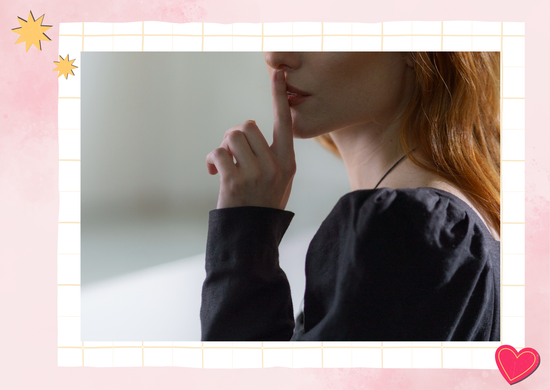
Fuente/Source
Hace poco vi una serie coreana, en la que casi todos los personajes son malvados y tiene una trama complicada, pero me voy a referir a un aspecto que me hizo ver al villano principal de manera diferente.
Durante casi todo el dorama nos dejan ver a ese hombre como orgulloso, ambicioso, calculador, frío, que hasta asesina sin piedad para conseguir sus objetivos.
Él estaba obsesionado con comprar un lote de terrenos en un lugar específico, incluso se casó con la heredera de esos terrenos e intentó matarla a fin de que fueran suyos. Su plan era construir el condominio más lujoso de Corea.
Se une a la trama otro personaje que busca vengarse de él (en realidad tendría que hacer una larga cola, ante tantos que quieren lo mismo), porque ese hombre había matado a su padre y había robado su dinero.
I recently watched a Korean series, in which almost all the characters are evil and it has a complicated plot, but I am going to refer to an aspect that made me see the main villain in a different way.
For almost the entire dorama we are left to see this man as proud, ambitious, calculating, cold, who even murders mercilessly to achieve his goals.
He was obsessed with buying a plot of land in a specific place, he even married the heiress of that land and tried to kill her in order to make it his. His plan was to build the most luxurious condominium in Korea.
He is joined in the plot by another character who seeks revenge on him (actually he would have to stand in a long line, in the face of so many who want the same thing), because that man had killed his father and had stolen his money.

Fuente/Source
En la última temporada de esta serie, nos dejan ver a los televidentes, que su obsesión por esas tierras es porque su madre y su hermana habían muerto allí cuando él era un niño, porque no acataron una orden de desalojo y en consecuencia derrumbaron la edificación que ellos ocupaban ilegalmente, con ellas dentro. Él quería construir allí el mejor edificio en su honor.
En cuanto a la historia del hombre que vino para vengar a su padre, resulta que ese señor fue quien recibió en su casa al pequeño (que es ahora el malvado) cuando quedó huérfano al morir su madre y hermana, tapiadas por el edificio.
Sin embargo, éste lo maltrataba, el chico trabajó como esclavo durante años y había reunido una suma importante de dinero, que quien lo tenía en su casa le quitó.
Cuando él ya era un adulto, pensaba recuperar su dinero e irse de allí, por lo que trató de sacarlo de la caja fuerte del dueño de la casa, pero éste lo descubrió y comenzó a golpearlo, la pelea se puso intensa y el joven terminó matándolo. Este fue su primer crimen.
In the last season of this series, we are told that his obsession for that land is because his mother and sister had died there when he was a child, because they did not obey an eviction order and consequently demolished the building they were illegally occupying, with them inside. He wanted to build the best building there in their honor.
As for the story of the man who came to avenge his father, it turns out that this man was the one who took the little boy (who is now the evil one) into his home when he was orphaned by the death of his mother and sister, who were walled up by the building.
However, he mistreated him, the boy worked as a slave for years and had collected a large sum of money, which the one who had him in his house took from him.
When he was already an adult, he thought about recovering his money and leaving, so he tried to take it out of the house owner's safe, but the owner discovered him and began to beat him, the fight became intense and the young man ended up killing him. This was his first crime.
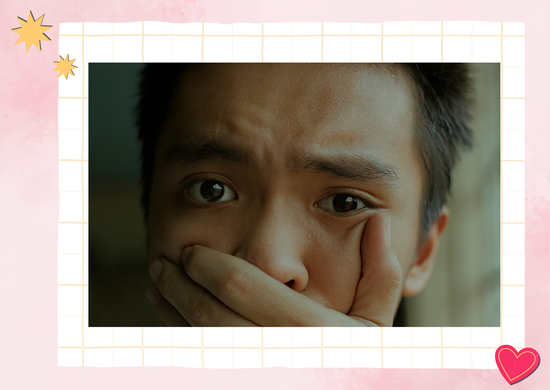
Fuente/Source
Fue como ver la otra cara de la moneda, recuerdo que incluso mi hijo comentó: Por cosas así se dice que la sociedad crea criminales.
Esa parte de la trama me hizo ver cómo ese personaje había pasado de ser un niño inocente, a ser un villano; a la vez que reflexioné acerca de que son situaciones que ocurren también en la vida real.
Cuando cambiamos el enfoque, podemos asombrarnos de los giros que dan ante nuestros ojos las cosas que con tanta facilidad juzgamos.
It was like seeing the other side of the coin, I remember that even my son commented: For things like that they say that society creates criminals.
That part of the plot made me see how that character had gone from being an innocent child to a villain; at the same time I reflected that these are situations that also happen in real life.
When we change our focus, we can be amazed at the twists and turns that things we so easily judge take before our eyes.

Fuente/Source
Concluyo que hacer juicios no nos ayuda para nada, es algo que más bien nos resta valor, porque muestra que tenemos poca conciencia.
Cada uno de nosotros es lo mejor que puede ser y para muchos es difícil tolerarse a sí mismo, pero no sabe ser diferente. Es mejor practicar la compasión y la tolerancia, incluso, con nosotros mismos.
I conclude that making judgments does not help us at all, it is something that rather detracts from our value, because it shows that we have little conscience.
Each one of us is the best we can be and for many it is difficult to tolerate ourselves, but we do not know how to be different. It is better to practice compassion and tolerance, even with ourselves.
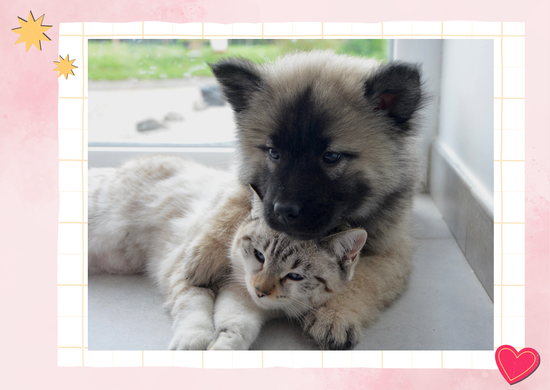
Fuente/Source
Hasta aquí mi participación en la iniciativa de @rosahidalgo: ¿PARA QUE SIRVE EL JUICIO, EN LAS RELACIONES?, a quien le agradezco este tema, que fue mi inspiración para esta publicación.
A ustedes, gracias por haberme acompañado en esta lectura.
So much for my participation in @rosahidalgo's initiative: WHAT IS THE USE OF JUDGMENT IN RELATIONSHIPS?, to whom I thank for this topic, which was my inspiration for this publication.
To you, thank you for joining me in this reading.


Thank you very much

Imágenes elaboradas en Canva.
Emojis de Bitmoji.
Separadores hechos con Canva.
Fondos removidos con remove.bg.
Traducción cortesía de deepl.com.
Images created in Canva.
Emoticons from Bitmoji.
Dividers made with Canva.
Backgrounds removed with remove.bg.
Translation courtesy of deepl.com.





